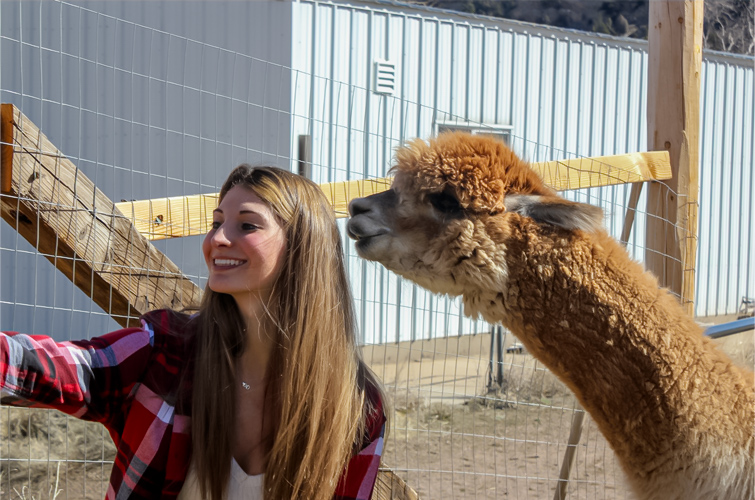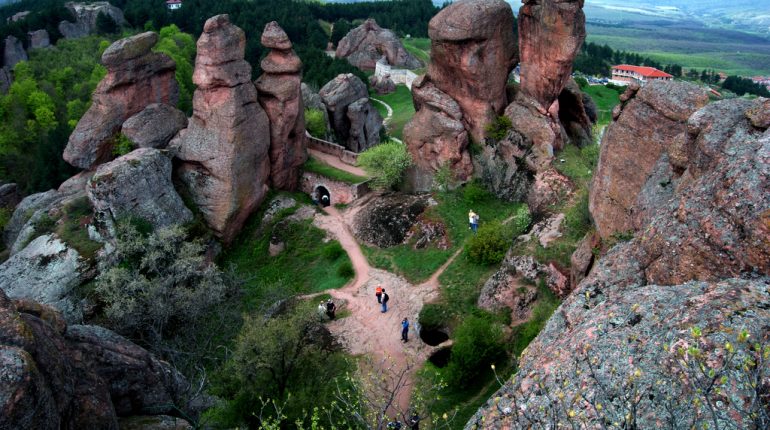Excellent alpaca experiences and vacation recommendations in Denver, Colorado: The best way to get a sense of how alpacas are cared for is to visit the farm. It is a unique and fun experience, and kids love it! They can help feed the animals, clean stalls, and fill water buckets. It is a great way to teach responsibility, and it teaches them that even the little things make a big difference. The farm also demonstrates the diversity of income opportunities that can come from owning livestock. The quality of the herd, the acreage required, and the amount of work needed can have an impact on overall income results. Read additional information on alpacas farm in Colorado.
Understanding the economics of alpaca farming before investing in these animals is important. It is also a good idea to engage an accountant or tax specialist for guidance in setting up bookkeeping systems and determining the appropriate deductibles and allowances to apply to your particular situation. Alpacas are herd animals, and they thrive in social environments. They are primarily herbivores and subsist on a diet of grasses and hay, so pasture management is an important part of their overall well-being. Regular health checkups, vaccinations, and shearing are other important aspects of their overall care.
Still, you should always remember to treat alpacas with space and respect. Alpacas don’t like being grabbed or held, and they are often particularly sensitive to being touched on the head. Instead, allow them to approach you at their own pace. This often results in a much more rewarding and affectionate response. If you’re looking for an age-appropriate experience for the entire family, you’ve met your match. Interacting with alpacas is safe for everyone from little kids to elderly members of your crew. There are no age restrictions — kids 2 and under are free.
Alpacas breed once a year, and as livestock they are often induced to breed at any time. The female alpaca has a gestation period of 242 to 345 days and gives birth to just one offspring. The birthing process can take up to seven hours, according to National Geographic (opens in new tab). The baby alpaca, called a cria, weighs 18 to 20 lbs. (8 to 9 kg) when it is born. The cria is weaned at 6 to 8 months, and females are ready to reproduce at 12 to 15 months. Males take a bit longer to mature and are ready to mate at 30 to 36 months. Alpacas live up to 20 years.
All members of your group will have the opportunity to participate in a fully interactive experience. It typically lasts around 1 hour and 30 minutes. Its environment is ideal for nature lovers : Most people who live in Colorado love the outdoors because the state offers a little bit of everything. Even if you’re just visiting for the weekend, you can embrace all that nature has to offer. An alpaca ranch offers stunning scenery and a relaxing atmosphere where you can take in the fresh air. When you go behind the scenes on the ranch, you learn about much more than just the animals. You have the opportunity to talk about the economy, trade, production, local handmade goods, and so much more.
Do alpacas make noise? Alpacas are very quiet, docile animals that make a minimal amount of sound. They do make a humming sound as a means of communication or to express concern or stress. Most communication between alpacas is nonverbal. Occasionally you will hear a shrill “alarm call,” which usually means they have spotted something of concern nearby, and they are warning others in the herd. The concern may be a predator, or may be something they are not familiar with, like a cow or horse in a neighboring field. Male alpacas also “serenade” females during breeding with a guttural, throaty sound called “orgling.” Find more info on https://meetalpacas.com/.
How much space does it take to raise an alpaca? Alpacas are environmentally friendly and require less pasture and food compared to other livestock. Stocking density impacts the health of the animal, so owners are encouraged to carefully assess their space. Vegetation, access to food and water, and shelter are some factors that influence the amount of space needed. Consult with your local agriculture authorities and breeders for specific recommendations for your area. Are alpacas clean animals? Yes, they are much cleaner than most livestock. Alpacas have a minimal aroma and tend to attract fewer flies in the summertime than other forms of livestock. Alpacas often defecate in communal dung piles. There may be three or four of these areas in a pasture. This makes for easy clean-up, reduced opportunity for parasites, and better overall hygiene in the herd.
Can alpacas thrive in locations with very hot or very cold climates? Generally, yes. Alpacas are amazingly resilient animals and have adapted successfully to the extremes of both very hot and very cold climates. In hot, humid climates, alpaca owners need to take extra precautions to make sure that the alpacas do not suffer from heat stress. These include shearing fleeces early in the year, providing fans and ventilation in the barn, and offering cool fresh water for drinking.
Adorable, docile and soft, alpacas are prized as pets and cattle around the world. There are no wild alpacas. Alpacas are domesticated versions of vicuñas, South American ruminants that live high in the Andes. Alpacas are related to llamas, which are domesticated versions of another wild Andean ruminant, the guanaco. While llamas are used as pack animals, alpacas are raised mainly for their soft wool. Guanacos and vicuñas are found throughout the Andes Mountains. They are descended from camelids that developed in North America and migrated to South America 3 million years ago, according to Phil Switzer, an alpaca breeder based in Colorado. These animals evolved into guanacos and vicuñas, and about 6,000 years ago, people in the Andes began to domesticate them. There are two breeds of alpaca, the Huacaya and the Suri. Huacaya alpacas are more common, according to Switzer.



